The art of government is to make two thirds of a nation pay all it possibly can pay for the benefit of the other third
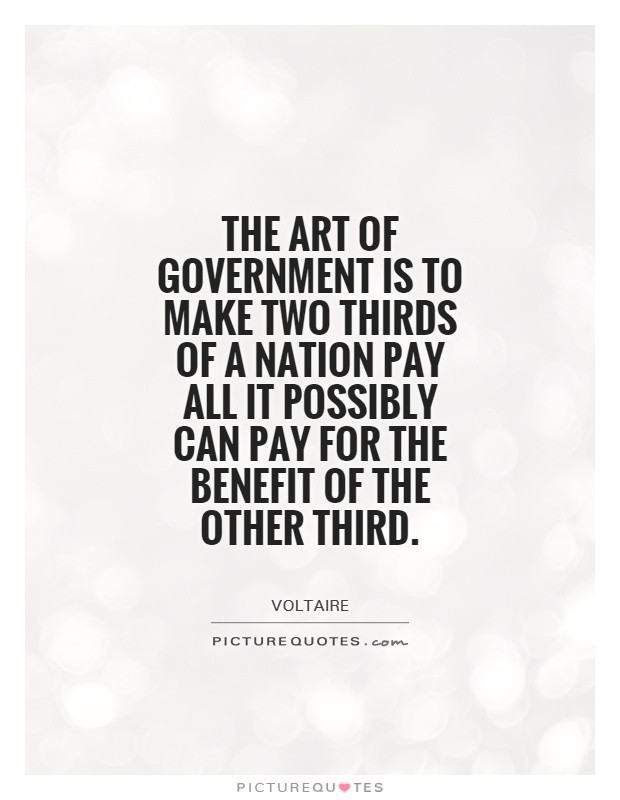
The art of government is to make two thirds of a nation pay all it possibly can pay for the benefit of the other third
In the quote “The art of government is to make two thirds of a nation pay all it possibly can pay for the benefit of the other third,” Voltaire is highlighting a common theme in political philosophy: the distribution of resources and benefits within a society. This quote reflects the idea that governments often prioritize the interests of a select few over the majority of the population, leading to inequality and social unrest.Voltaire, a prominent Enlightenment thinker, was known for his criticism of the French monarchy and advocacy for social and political reform. In this quote, he is pointing out the inherent power dynamics at play in government systems, where those in power often use their authority to benefit themselves and their allies at the expense of the general population.
The concept of making two thirds of a nation pay for the benefit of the other third can be seen in various forms of government policies and practices. For example, regressive taxation systems disproportionately burden lower-income individuals while benefiting the wealthy. Similarly, government subsidies and bailouts for corporations and special interest groups can divert resources away from public services and social welfare programs that benefit the majority of the population.
Voltaire’s quote also speaks to the idea of social contract theory, which posits that individuals agree to give up some of their freedoms in exchange for protection and benefits from the government. However, when the government fails to uphold its end of the bargain and instead prioritizes the interests of a select few, it can lead to feelings of resentment and disillusionment among the population.
Overall, Voltaire’s quote serves as a reminder of the importance of holding governments accountable for their actions and ensuring that policies are designed to benefit the greater good rather than a privileged few. It highlights the need for transparency, equity, and social justice in governance to create a more just and equitable society for all.





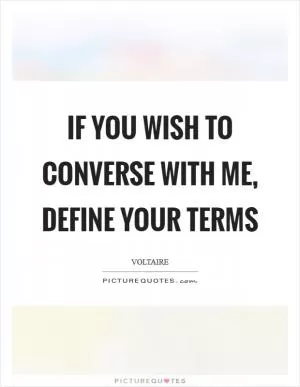

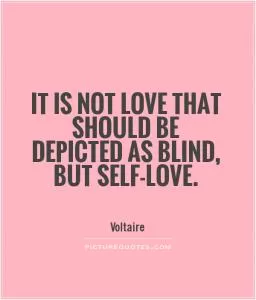
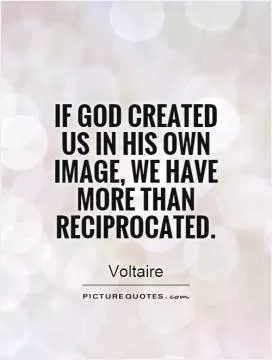
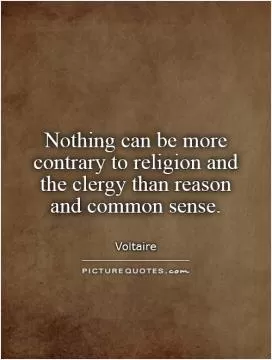
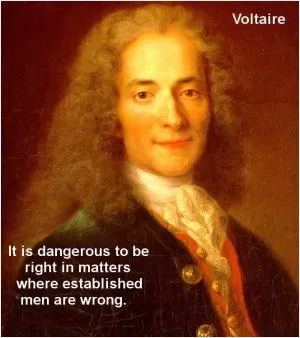
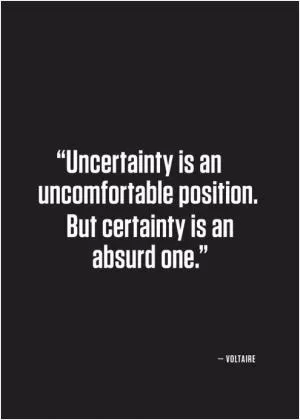
 Friendship Quotes
Friendship Quotes Love Quotes
Love Quotes Life Quotes
Life Quotes Funny Quotes
Funny Quotes Motivational Quotes
Motivational Quotes Inspirational Quotes
Inspirational Quotes